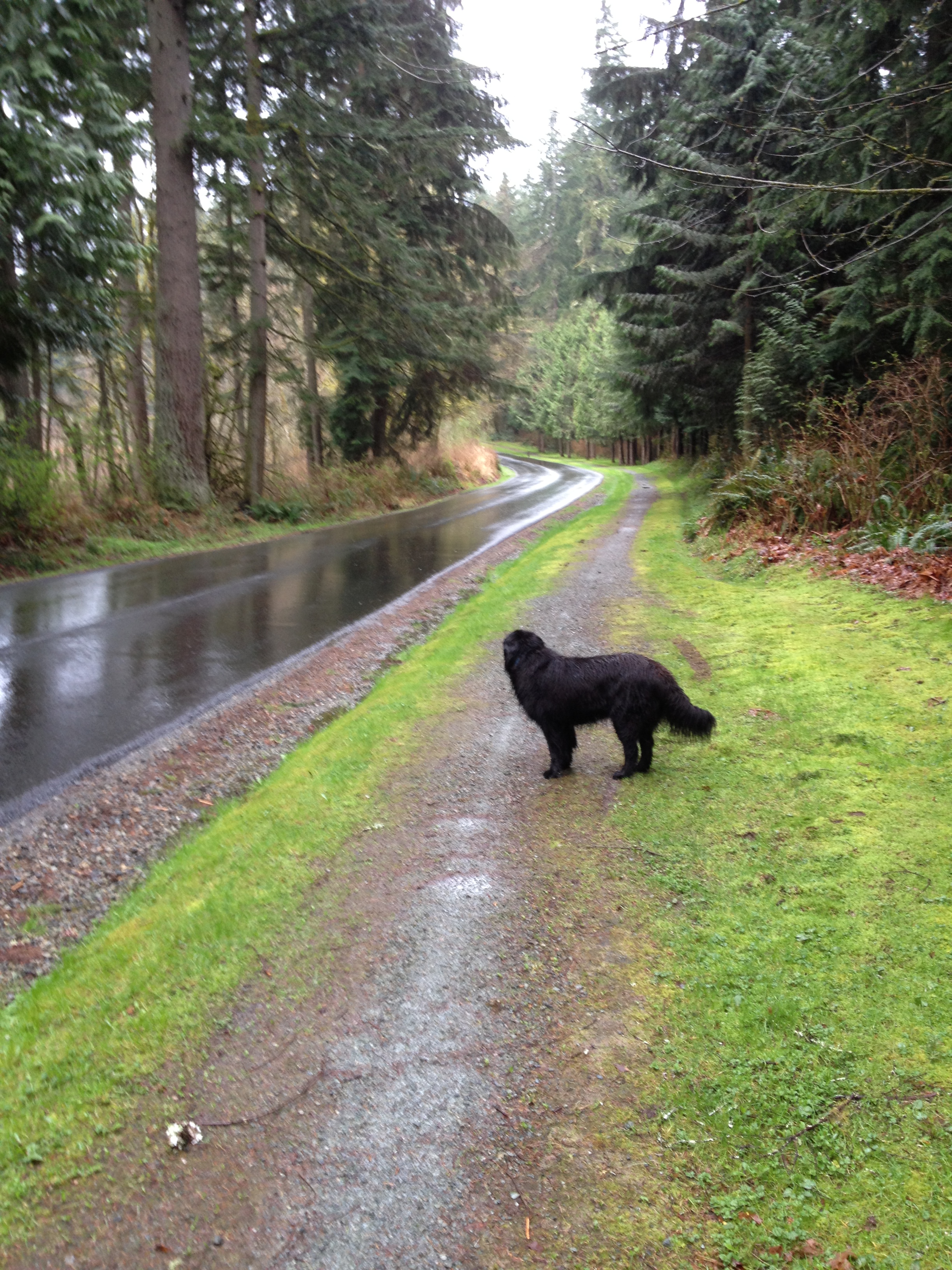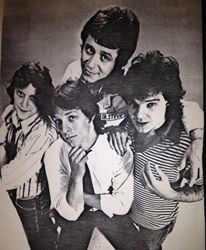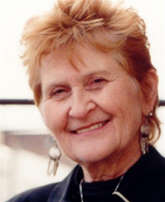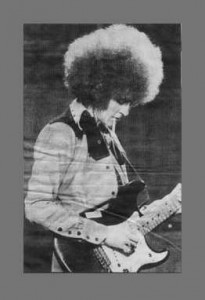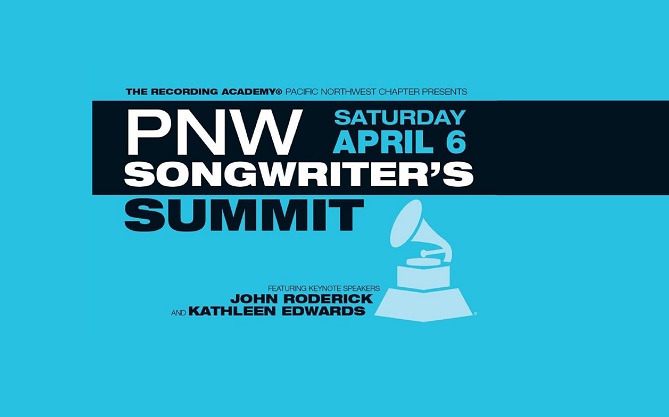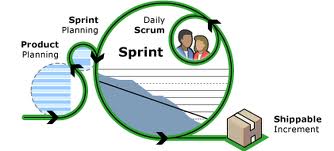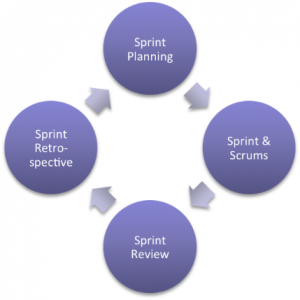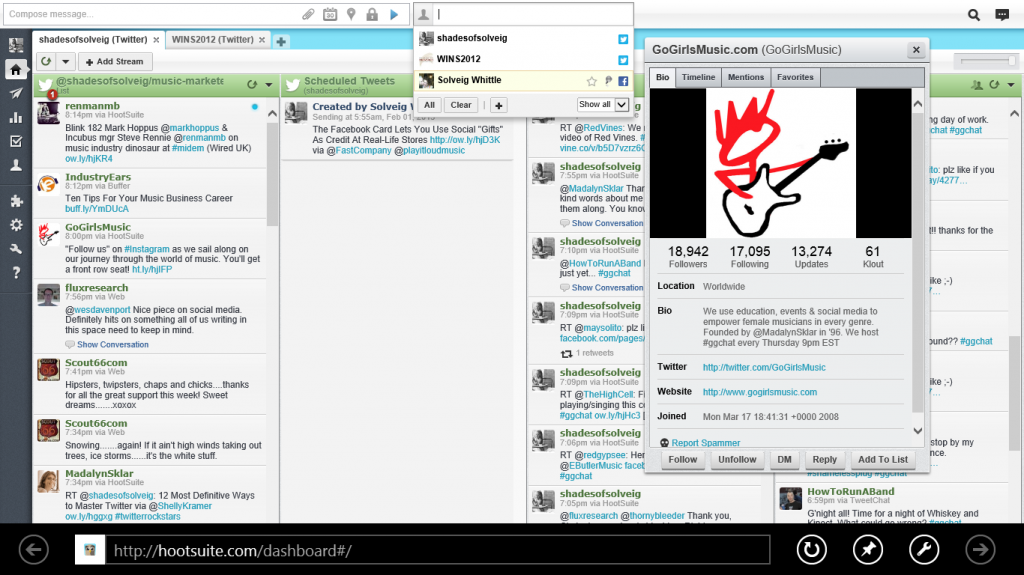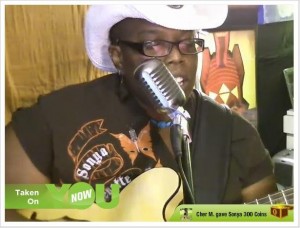Facebook: we love it and hate it. Facebook brings up so many opinions, but there is no question that it plays a big role in our lives both personally in business.
In Episode 3, I have decided to take a slightly different tack than the first two podcasts. I’m going a bit longer (11 minutes) and I’m going to discuss a hot marketing issue that also came up last night on the #ggchat Twitter chat (run by Madalyn Sklar every Thursday).
Many bands have experienced a drop in interaction on their Facebook pages in recent months since the changes Facebook made to its algorithms for how posts are displayed in fans’ news feeds. Basically, the days of free advertising are over. There has also been a lot of discussion about whether bands should be on Facebook, Twitter, Instagram and other social media platforms.
In this episode, I summarize the key points in a recent (December 2013) article by Larry Kim on MarketingProfs called Twitter vs. Facebook Ad Showdown: Which Offers the Best Social Media Ad Platform. At the end of the podcast, I also give my analysis and recommendations in practical terms for artists and bands.
Let me know your thoughts on Facebook, Twitter and other social media advertising. I’d love to hear from you in the comments below.


